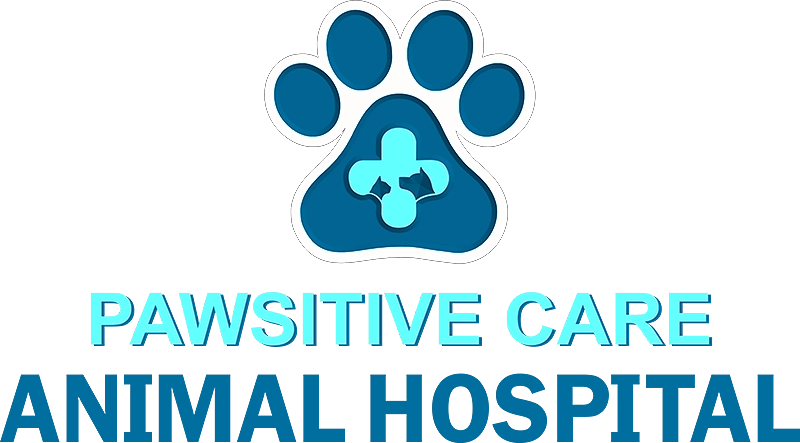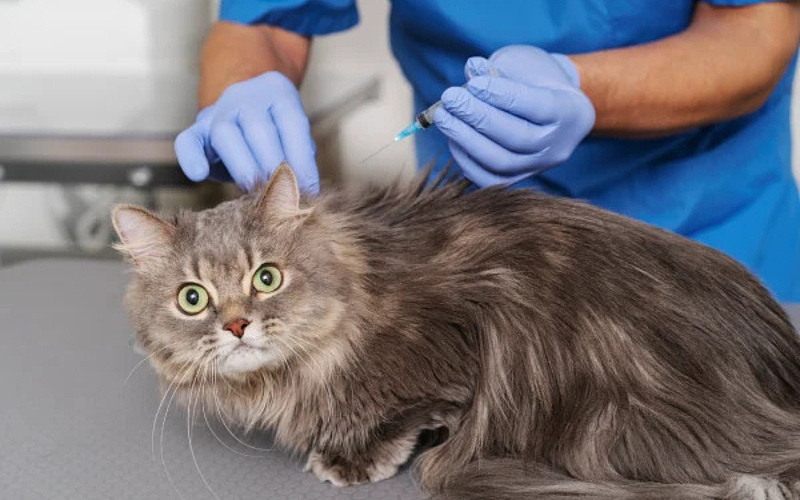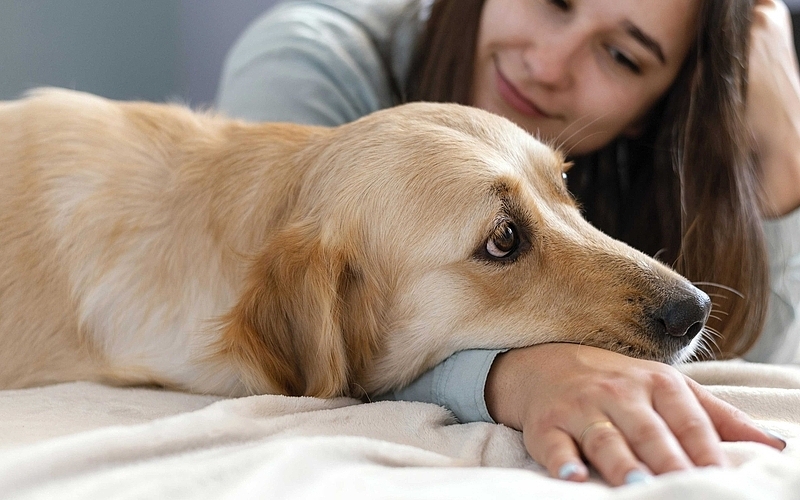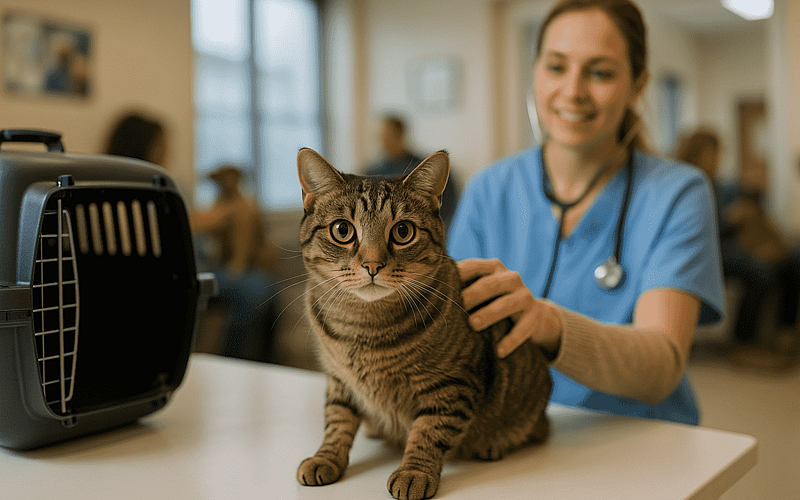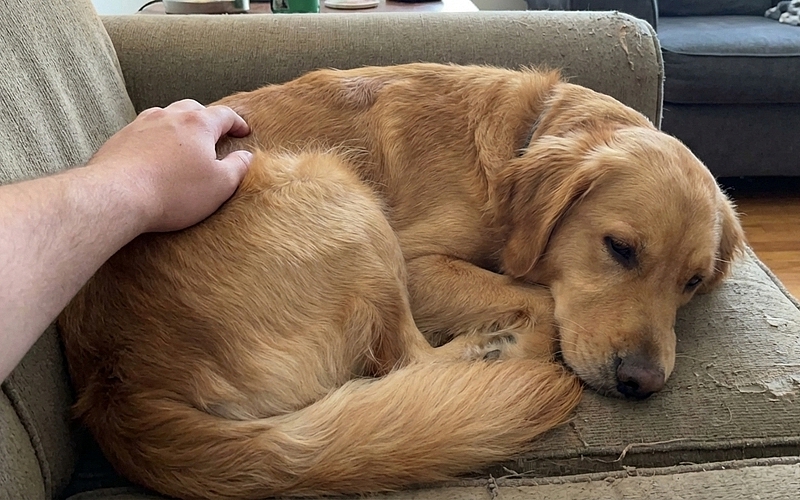By using our website, you agree to the use of cookies as described in our Cookie Policy
What Happens When Pets Need Surgery in Manassas
Hearing your pet needs surgery hits hard. You want answers, not uncertainty. Who’s doing the procedure? What’s the plan? You need to know your pet will be watched closely, not just during surgery but before and after. Pets can’t speak up, so every detail matters. From the first test to the last checkup.
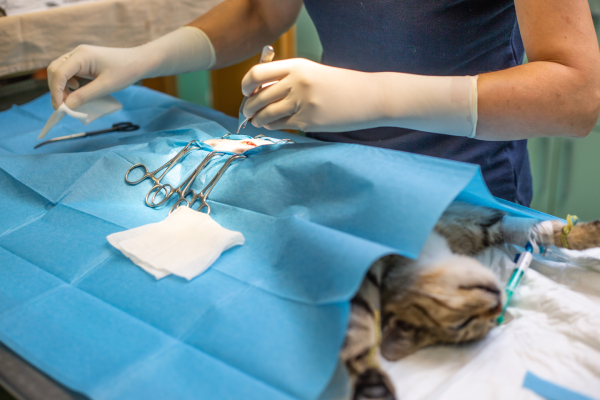
Pre-Surgery Steps That Protect Your Pet
Preparation sets the tone for everything that follows. Before a single incision, our surgical team digs deep. Comprehensive laboratory screening checks for hidden problems. Blood work reveals organ health. The heart and lungs get a close look. Every medication your pet takes gets reviewed. No detail is too small. Miss something here, and the risks climb fast.
- Blood work exposes silent issues. Kidney trouble, liver strain, or infection.
- Heart and lung checks spot problems that could complicate anesthesia.
- Medical history tells the team what to expect and what to avoid.
- Current medications get flagged for interactions or side effects.
- Fasting instructions prevent vomiting and aspiration during anesthesia.
- Pre-op care plans map out every step, so nothing gets missed.
Owners get clear instructions. No food after midnight. Water cut off at a set time. Bring all medications. Share every detail, even if it seems minor. The team uses this information to build a plan that fits your pet, not a generic checklist.
Real Anesthesia Monitoring
Anesthesia isn’t a guessing game. The wrong dose, and things go sideways. The right approach keeps your pet stable from start to finish. Every animal gets a custom plan. Size, age, breed, and health history all shape the protocol. We use advanced monitoring. Machines track heart rate, oxygen, blood pressure, and temperature every second. No one steps away. Eyes stay on the numbers and the patient.
Routine spays and neuters get the same attention as complex orthopedic repairs. The surgical suite stays sterile. Tools get checked and rechecked. Diagnostic imaging stands ready for anything unexpected. If a complication pops up, the team pivots fast. No one waits for a problem to get worse.
Pain Management That Works
Pain slows healing. It stresses pets and owners alike. The team doesn’t guess or hope for the best. They use a multi-modal approach. Different medications, different delivery methods, and constant observation. Behavioral monitoring picks up on subtle signs: a twitch, a whimper, a refusal to eat. Pain protocols get adjusted on the fly. If a pet shows discomfort, the plan changes. No one gets left to suffer in silence.
- Oral and injectable medications target pain from multiple angles.
- Behavioral cues guide dosing and timing.
- Staff check incisions, appetite, and movement every hour.
- Owners get clear instructions for pain meds at home.
Comfort isn’t a luxury. It’s a requirement for real recovery. Pets that feel better heal faster and get back to normal life sooner.
Recovery and Home Care That Actually Helps
Surgery ends, but the work doesn’t stop. Recovery starts the moment your pet wakes up. The team hands you detailed aftercare instructions. Not just a printout, but a real conversation. What to watch for. How to give meds. When to call for help. Follow-up appointments get scheduled before you leave. Our team checks wounds, removes stitches, and answers every question.
You're the key player once your pet comes home. Our team stays on call. Watch for red flags - puffy spots, fresh blood, skipped meals. Tell us fast. We'll fix problems before they grow. You've got backup - use it. Together we'll get your pet healthy and active again.
- Incision care instructions prevent infection.
- Pain management plans keep pets comfortable.
- Feeding guidelines support healing.
- Activity restrictions protect surgical repairs.
- Follow-up visits catch problems early.
Every step is designed to keep your pet safe and comfortable. The team’s job doesn’t end when you walk out the door. We stay involved until your pet is truly back to normal.
What Sets Experienced Surgical Teams Apart
Quality shows in small moments. Top vets take their time. They read charts fully, ask deep questions, and walk you through each choice. Their tools shine. Their space stays clean. They spot tiny signs - a slight limp, an odd breath, a change in mood. The doctor stays close, not hidden away. They guide the whole process, start to end.
Problems come up in medicine. Good teams catch them early. They call before things get bad. They switch tactics when needed. They work like each pet belongs to them. That's how you build real care that works.
Schedule Your Pet's Surgical Consultation
Trust Pawsitive Care Animal Hospital for expert surgical care in Manassas. Call us at 571-208-1011 or contact us to discuss your pet's surgical needs.
‹ Back
